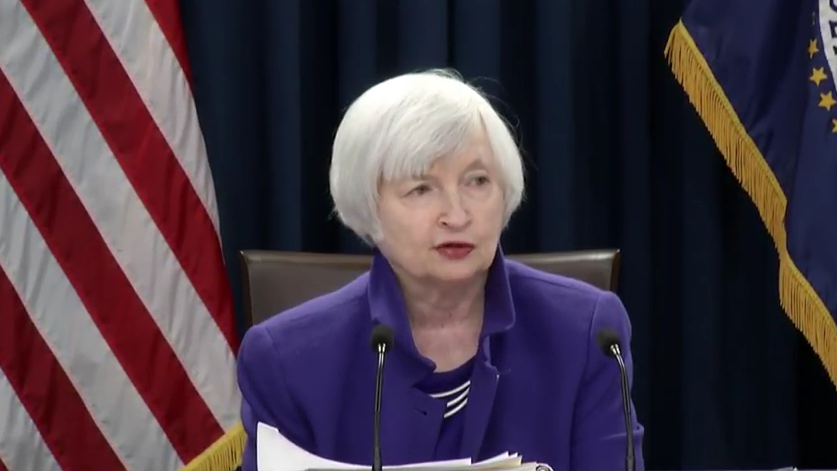As a species, we are notoriously bad at understanding our own thinking and emotions. We are even worse at predicting our own behavior. Understanding your own mind and those of your fellow investors is crucial to successful investing.
These books will go a long way to helping you understand your hardwired weaknesses and blind spots.
1. How We Know What Isn’t So by Thomas Gilovich

Published in 1991, this was the very first behavioral finance book I ever read — it is also one of the most influential investing books you will ever read. So many of our own foibles are detailed here that it is almost embarrassing. Everything from unsuspected biases to how we engage in critical reasoning comes under scrutiny. What it reveals isn’t pretty. Despite the genius that is human achievement, it turns out that we are all very poor at comprehending complex data and analyzing risk.
This book will help you understand how your brain processes randomness; overlooks evidence that is inapposite to prior beliefs; selectively perceives and reinterprets data; and engages in selective recall. It’s how we all create an artificial story line to help make sense of otherwise incomprehensible data.
Once you finish this book, you will never look at investing the same way.
~~~
2. Thinking, Fast and Slow (Daniel Kahneman)
Daniel Kahneman, a Psychologist, won the 2002 Nobel Prize in Economic Sciences with Amos Tversky for their seminal work in behavioral finance. The two challenged the idea of
Homo Economicus and the rational model of judgment and decision making.
Thinking, Fast and Slow looks at the two systems of Human Cognition: System 1 is fast, intuitive, and emotional; System 2 is slower, more deliberative, and more logical. The book exposes the extraordinary capabilities along with the faults and biases of our wetware. This book will transform the way you think about thinking.
The most recent and comprehensive book from a giant in the field.
(more…)


